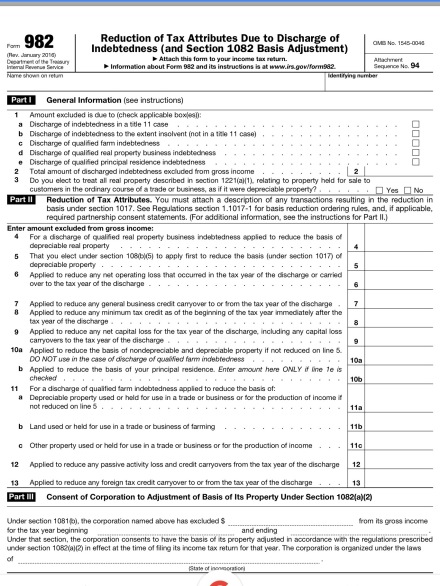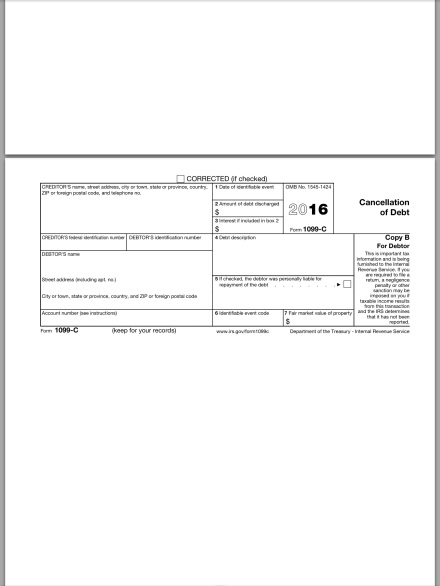You probably know someone who has been the victim of identity theft. Perhaps YOU have been the victim of identity theft as well. Someone has used my credit card or got a credit card in my name; someone has used my social security number on a tax return.
As a bankruptcy attorney, I have seen the latter quite a lot in the last few years. In both the Chapter 7 liquidation and Chapter 13 consolidation bankruptcy, Debtors are required to give some of their tax refund money to the trustee to disburse to their creditors.
But I have had a few Debtors who were unable to file their taxes (and get their refunds) because taxes have already been filed in their name! Fortunately, both the court and the trustee are sympathetic and do not put them on a deadline while the IRS sorts out the problem.
The Debtors in those cases were lucky – the identity theft was discovered. What if I were on social security, disabled, not employed or otherwise were not required to file a tax return? How can I find out if someone is using my social security number to file tax returns?
This type if scam could go on for years. You would have no idea someone was using your social security number to file tax returns and receive refunds – because you do not HAVE to file! The only time you would discover it is if, for some reason, you decided to file taxes OR the scammers goofed up and the IRS or state department of revenue contacted you about an error or other red flag.
You can check to see if anyone has used your social security number by preparing and filing Form 4506-T Request for Transcript of Tax Return.

Now hold on, you say. How can I request a transcript of a tax return I did not file?
Fill in the top of the form – name, address, social security number, etc. Then check box #7: Verification of Nonfiling, which is proof from the IRS that you did not file a return for the year. Current year requests are only available after June 15th. There are no availability restrictions on prior year requests. Most requests will be processed within 10 business days.

The IRS will verify that you did not file tax returns. At worst, they will verify there HAS been a tax return filed under your social security number in the past. You will then have to take steps to report the identity theft to the IRS and elsewhere. This blog post does not go into those details, but Google it – there are dozens of places you can seek advice on where to go and what to do next.
Note the June 15th date – you cannot check to see if someone filed a return under your social security number for 2015 until June 15, 2016. Information on 2014 and prior years are available before that June date.
Identity theft leaves us feeling sick and angry. But in this high-tech society, it is something we have to watch out for; something we have to ardently guard against. This particular type of theft – tax returns filed for people who do not have to file returns – is particularly heinous because it can be left undiscovered for years. Someone is using you to line their pockets with our tax dollars – and this time we didn’t vote for them!
If you are worried about this issue, request verification. Do it every year.
Original Material Copyright 2016 Michael Curry

